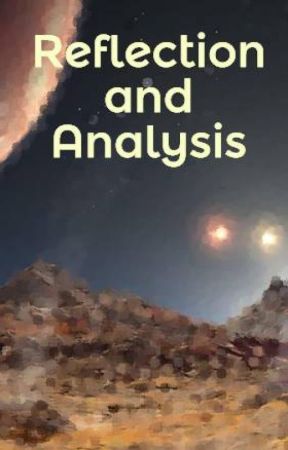I am super pleased regarding the casting choices for the live action Avatar: The Last Airbender series that Netflix is producing, but said casting does beg to question what so-called creative differences caused Bryke to leave before – well, you know, the casting was done. For the full cast, see Andrew Webster's article, "Netflix reveals cast for its live for its live-action Avatar: The Last Airbender series."
Of course, one of the first thoughts crossing my mind upon seeing the casting choice was, "There's going to be someone who claims the cast is white-washed because they don't feel Katara and Sokka are dark enough". Doesn't matter that Native American's aren't dark like Black people are, which was actually one of my casting fears—that they would cast a Black person to be politically correct but is in fact what I suspected Bryke thought of doing.
Yet, as I read through the article, "Why Katara From Netflix's Avatar: The Last Airbender Looks So Familiar", another thought crossing my mind was – well, the fact people would be this time around asking why this wasn't done sooner, for the 2010 movie, but I think the actual article I mentioned actually illustrates why this wasn't possible to do sooner, as one of the bullet points of the article is that, "Kiawentioo watched history unfold as Beans".
More specifically, we keep talking about Black this, Asian that, such as wanting to see more Black directors and more Asian actors, yet nobody is ever, ever talking about Native this and Native that, about how there is a lack of diversity because there is a lack of. I mean, why wouldn't there be when there's not the precursory role-models for the next generation like there is in the Black community and the Asian community.
In fact, I'd even argue the struggles the Native actor faces is far different, given the fact there is this idea that the Native person is dying out. And I'm not just talking about First Nations from Canada, but in general all Native Americans, the exception being some of the larger tribes such as the Navaho, yet in even that regard they've historically been treated as "dying out", something which has changed recently because actors and actresses from the larger more well-known tribes.
Yet, it was problematic as this became the picture of what the Native person should look like. There are people who will look at The Verge article I mentioned at the beginning of this and say – Kiawentiio looks to Asian, and Ian Ousley looks to white, despite the fact – gasp, they're actually both Native American. Kiawentiio is Mohawk and Ousley is Cherokee.
So, I am going to admit here that neither of these tribes are tribes from which inspiration was drawn for the Nothern Water Tribe and the Southern Water Tribe.
Yes, I purposefully, right there, referred to them seperately rather than as the Water Tribes for the simple reason I want to emphasize that, for one thing, there isn't simply "one" tribe as the whole concept of the Southern Water Tribe is a colony of the Northern Water Tribe concept suscribes there to be, nor is the Southern Water Tribe made up of multiple tribes as the whole voting system in the comics implies. They're sister tribes, which means tribes which work together.
Back on topic and away from how Bryke mishandled Native people in LoK and the comics, while I admit that they aren't from the tribes which influenced the series such as the Inuit, it's not a disatisfying casting choice given the fact Kiawentiio looks the part, which is as I've pointed out the real key. And – she is a good actress.
Yeah, I get the fact there are those who won't recognize any of the names on that list, but I actually recognize all four faces and know the acting ability of the first three to actually be quite good. In regards for Aang and Katara's characters, this is a stark change up from the 2010 adaption where the actor and actress who played the characters had little to no acting experience.

YOU ARE READING
Reflection and Analysis
RandomThis is a collection of essays related to series I either read or watch, although there is only one chapter at this point I wish to discuss.
